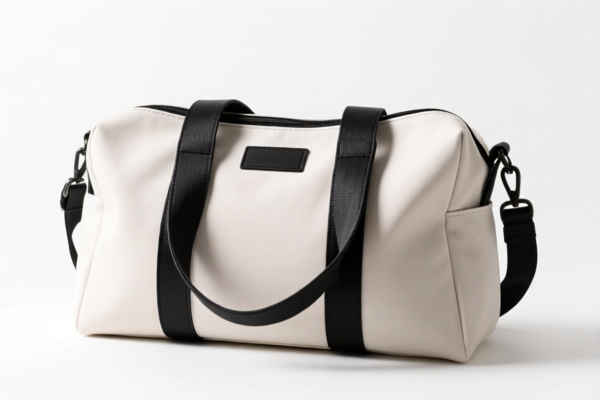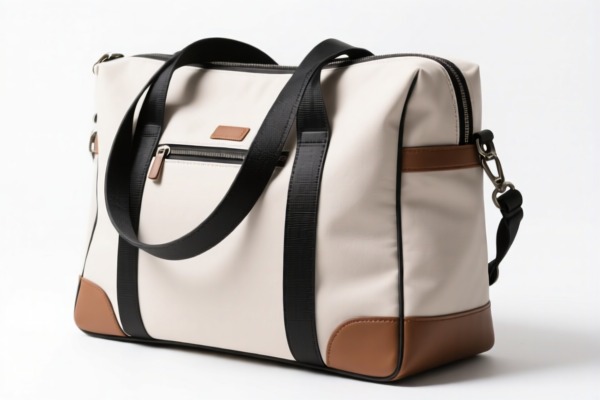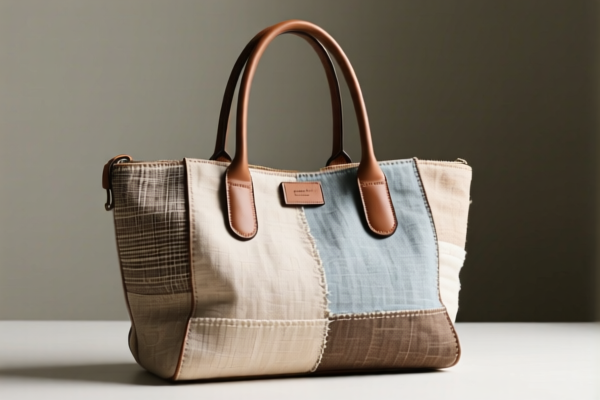| HS Code | Official Doc | Tariff Rate | Origin | Destination | Effective Date |
|---|---|---|---|---|---|
| 4202919030 | Doc | 59.5% | CN | US | 2025-05-12 |
| 4202924500 | Doc | 75.0% | CN | US | 2025-05-12 |
| 4205000500 | Doc | 57.9% | CN | US | 2025-05-12 |
| 4205000500 | Doc | 57.9% | CN | US | 2025-05-12 |




Car Bag
A car bag, also known as a car organizer bag, is a storage solution designed specifically for use in automobiles. These bags aim to maximize space and maintain order within the vehicle, offering convenient access to frequently needed items.
Material
Car bags are typically constructed from durable, synthetic materials. Common choices include:
- Polyester: A cost-effective and water-resistant option.
- Nylon: Offers greater durability and abrasion resistance.
- Oxford Cloth: A strong, woven fabric known for its water resistance and longevity.
- Leather/Faux Leather: Provide a more premium look and feel, often used for smaller organizers.
- Non-woven Fabric: A lightweight and breathable option, commonly used for trunk organizers.
Purpose
The primary purpose of a car bag is to:
- Organization: Keep items neatly stored and prevent them from rolling around during transit.
- Space Maximization: Utilize otherwise unused space within the car, such as the trunk, backseat, or console area.
- Accessibility: Provide easy access to essential items without needing to search through a cluttered vehicle.
- Protection: Shield items from damage during travel.
Function
Car bags function through various design elements:
- Compartments & Pockets: Allow for separation and categorization of items.
- Straps & Buckles: Secure the bag to seats, headrests, or other anchor points.
- Handles: Facilitate easy carrying.
- Collapsible/Foldable Designs: Enable compact storage when not in use.
- Waterproof/Water-Resistant Features: Protect contents from spills and moisture.
- Insulated Sections: Some bags include insulated compartments for keeping food and beverages at the desired temperature.
Usage Scenarios
Car bags are useful in a wide range of situations:
- Road Trips: Keeping snacks, drinks, entertainment, and travel essentials organized.
- Grocery Shopping: Preventing groceries from shifting during transport.
- Emergency Preparedness: Storing first-aid kits, tools, and other emergency supplies.
- Family Vehicles: Organizing toys, books, and other items for children.
- Professional Use: Keeping work-related materials, tools, or samples organized for sales representatives or service technicians.
Common Types
- Trunk Organizer Bags: Large bags designed to fit in the trunk, often with multiple compartments and collapsible features.
- Backseat Organizer Bags: Hang over the front seat headrests, providing storage pockets for passengers.
- Console Organizer Bags: Designed to fit in the center console, offering compartmentalized storage for smaller items.
- Grocery Bags (Reusable): Reinforced bags with handles designed for carrying groceries.
- Cooler Bags: Insulated bags for keeping food and beverages cold or warm.
- Emergency Roadside Assistance Bags: Specifically designed to hold tools, first-aid supplies, and other emergency items.
- Pet Car Bags: Designed for transporting pet supplies and keeping the car clean.
The declared goods, “car bag,” fall under articles typically used for carrying items, potentially constructed from leather, composition leather, sheeting of plastics, or textile materials. Based on the provided information, the following HS codes are relevant:
-
4202919030: This HS code covers trunks, suitcases, vanity cases, attache cases, briefcases, school satchels, spectacle cases, binocular cases, camera cases, musical instrument cases, gun cases, holsters and similar containers; traveling bags, insulated food or beverage bags, toiletry bags, knapsacks and backpacks, handbags, shopping bags, wallets, purses, map cases, cigarette cases, tobacco pouches, tool bags, sports bags, bottle cases, jewelry boxes, powder cases, cutlery cases and similar containers, of leather or of composition leather, of sheeting of plastics, of textile materials, of vulcanized fiber or paperboard, or wholly or mainly covered with such materials or with paper. Specifically, this code applies to “Other” items with an outer surface of leather or composition leather, including “Other Travel, sports and similar bags”. The total tax rate is 59.5% (Basic tariff: 4.5%, Additional tariff: 25.0%, Additional tariff after 2025.4.2: 30%).
-
4202924500: This HS code also covers the same range of articles as 4202919030, but applies to items with an outer surface of sheeting of plastics or textile materials. It specifically covers “Travel, sports and similar bags: Other”. The total tax rate is 75.0% (Basic tariff: 20.0%, Additional tariff: 25.0%, Additional tariff after 2025.4.2: 30%).
-
4205000500: This HS code covers “Other articles of leather or of composition leather: Of a kind used in machinery or mechanical appliances or for other technical uses: Belting leather cut or wholly or partly manufactured into forms or shapes suitable for conversion into belting”. While less directly applicable to a typical “car bag”, it could apply if the bag is specifically designed for use within a vehicle’s machinery or as a component part. The total tax rate is 57.9% (Basic tariff: 2.9%, Additional tariff: 25.0%, Additional tariff after 2025.4.2: 30%).
Important Note: The applicable tariff rate will depend on the materials used in the construction of the “car bag” and its intended use. If the bag is made of leather or composition leather, HS code 4202919030 applies. If it is made of sheeting of plastics or textile materials, HS code 4202924500 applies. If it is specifically designed for use in vehicle machinery, HS code 4205000500 may be applicable.
Customer Reviews
No reviews yet.